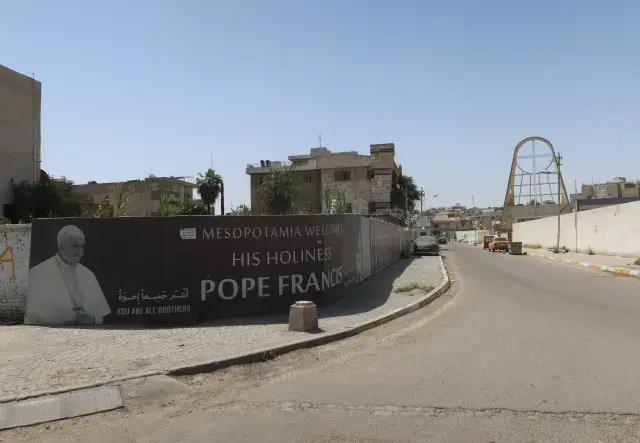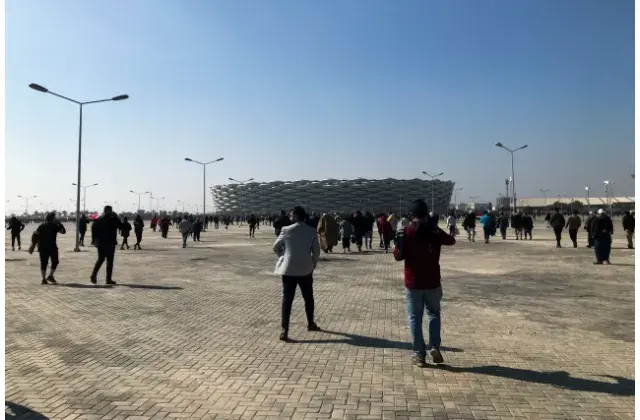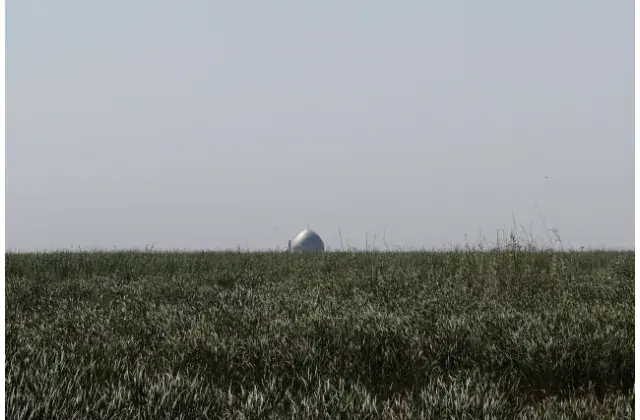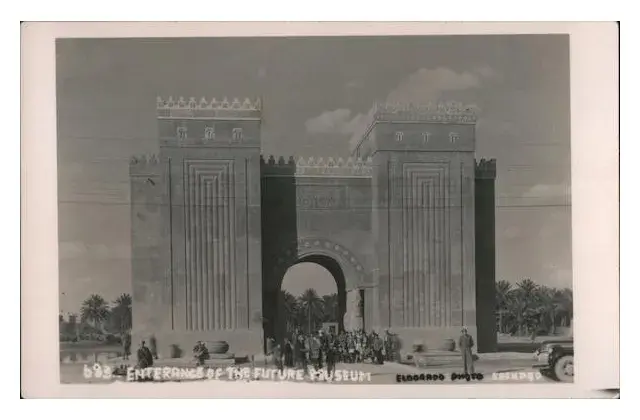سەردانی پاپا فرانسیس بۆ عێراق (٢٠٢١)

پاپا فرانسیس سەرۆکی کەنیسەی ڕۆمانی کاسۆلیکی یەکەم پاپا بوو کە سەردانی عێراقی کرد. لە سەردانێکی چوار ڕۆژەدا لە ٥ تا ٨ی ئازاری ٢٠٢١ سەردانی بەغدا، نەجەف، ئور، موسڵ، قەرەقوش و هەولێری کرد. سەردانەکەی عێراق دوای واژۆکردنی بەڵگەنامەی "برایەتی مرۆیی بۆ ئاشتی جیهانی و پێکەوە ژیان" لەلایەن پاپا فرانسیس و ئیمامی گەورە ئەحمەد ئەل تەیب، لە ئیماراتی یەکگرتووی عەرەبی لە شوباتی ٢٠١٩ بوو. لە سەردانەکەیدا بۆ عێراق، پاپا فرانسیس تیشکی خستە سەر گرنگی مێژوویی و دەقی پەیمانی ئیبراهیمی لە هەمان کاتدا لێکۆڵینەوە لە هاوبەشی و جیاوازییە ئەگەرییەکانی نێوان ئایینە یەکتاپەرستەکان.
لە ڕووی مێژووییەوە عێراق مێژوویەکی دەوڵەمەند و ناوازەی ئارامی، یان سریانی، مەسیحی، کەمینەی ئەرمەنی، قبتی و پرۆتستانتی هەیە. لە ساڵی ٢٠٠٣ەوە مەسیحییەکانی عێراق لە ژێر هەڕەشەی بەردەوامی گرووپە تیرۆریستییەکاندا بوون. دوای پێشوازی فەرمی لەلایەن بەرهەم ساڵح، سەرۆک کۆماری پێشوو، پاپا سەردانی کاتدراڵی سەیدەت ئەلنەجاتی کرد. لە ساڵی ٢٠١٠دا، ٤٨ کاسۆلیکی سریانی لەلایەن کۆماندۆیەک کە شەش جیهادی قاعیدە بوون، لەکاتی نوێژی قوداس لە کڵێساکەدا هێرشیان کرایە سەر. سەردانی کەنیسەی ڕۆحی پیرۆز و ئەل تاهیرەی لە نەینەوا کرد، کە لە ماوەی داگیرکارییەکانی داعش لە ساڵی ٢٠١٤ و ٢٠١٧ بۆردومان کران و هەروەها باسی ئاشتی کرد.
بۆ زۆرێک لە عێراقییەکان دیداری پاپا فرانسیس و ئایەتوڵڵا سیستانی گەورە، گرنگترین بەشی سەردانەکەی بوو. سیستانی، سەرکردەیەکی بەڕێزی شیعەکانە، بەهۆی داکۆکیکردنی لە مافەکانی سوننە و شیعە و مەسیحییەکان، لە پێکهاتە ئاینییەکاندا بە شێوەیەکی بەرفراوان رێزی لێ دەگیرێت. دوای دیدارەکەیان، پاپا فرانسیس گەشتێکی کرد بۆ شاری دێرینی ئور، کە پێدەچێت شوێنی لەدایک بوونی پێغەمبەر ئیبراهیم بێت، کە کەسایەتییەکی هاوبەشی ئایینی جولەکە و مەسیحی و ئیسلامە. لەوێدا سەرکردایەتی دوعای ئاشتی کرد و جەختی لەوە کردەوە کە ئایینی ڕاستەقینە توندوتیژی ڕەتدەکاتەوە و یەکگرتوویی لە سەرانسەری ڕۆژهەڵاتی ناوەڕاستدا بەرەوپێش دەبات. .
سەردانەکەی پاپا شاری موسڵیشی گرتەوە، ئەو شآرەی کە زۆرینەی مەسیحییەکانی عێراقی تێدا دەژیا، یان پێش داگیرکردنی داعش تێیدا ژیاون. پاپا لە حەوش ئەلبیعە نوێژی کرد کە وێرانەی چوار کەنیسەی تێدایە کە لەلایەن داعشەوە وێرانکراون. ئەو ڕێکخراوە توندڕەوە زیاتر لە ٣٠ کەنیسەی لەناو شاری موسڵ و دەوروبەری خاپوورکرد. پاپا بەڵێنیدا پشتگیری لە ئاوەدانکردنەوەی موسڵ بکات و ڕایگەیاند: "نەریتی ئایینیمان هەرچییەک بێت، بە هاوئاهەنگی و ئاشتی بژین، ئاگاداری ئەوە بن کە لە چاوی خودادا هەموومان خوشک و براین." پاپا فرانسیس کۆتایی بە گەشتەکەی هێنا بە ئەنجامدانی مەراسیمێک لە یاریگای فرانسۆ هەریری لە شاری هەولێر کە نزیکەی ٢٠,٠٠٠ پیاوی ئاینی ئامادە بوون.
سەردانەکەی پاپا هاوکات بوو لەگەڵ یادی ١٠٠ ساڵەی دامەزراندنی عێراق. ئەو پەیڕەوی بانگهێشتی حکومەتی عێراق و کەنیسەی کاسۆلیکی کلدانی عێراقی کرد. وەزارەتی ڕۆشنبیری و گەشتوگوزار و ئاسەوارە دێرینەکانی عێراق، پێشوازی لە هەزار ڕۆژنامەنووس لە ناوچە جیاجیاکانی جیهان کرد بۆ ڕووماڵکردنی سەردانەکە. دوابەدوای سەردانەکەی پاپا، مستەفا کازیمی، سەرۆکوەزیرانی پێشووی عێراق، ڕۆژی دیداری نێوان پاپا فرانسیس و ئایەتوڵڵای گەورە عەلی سیستانی کە ٦ی ئازار بوو، وەک ڕۆژی نیشتمانی پێکەوەژیان و لێبوردەیی لە عێراق ناساند.
هذا المحتوى مرخص بموجب رخصة المشاع الإبداعي CC BY-NC 4.0.






